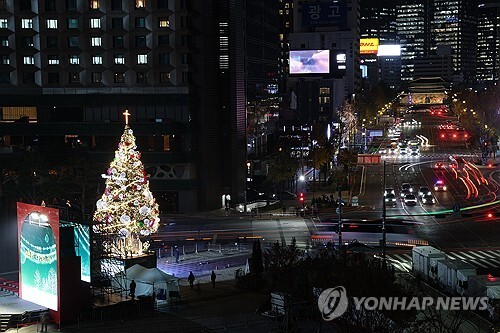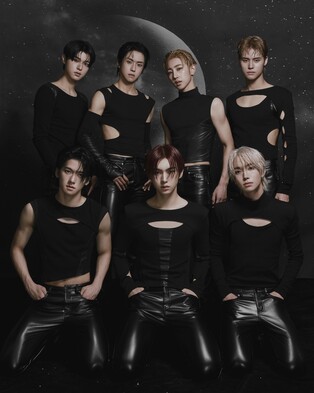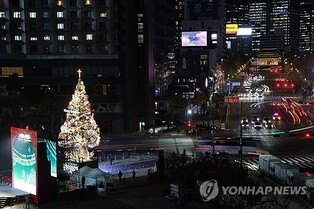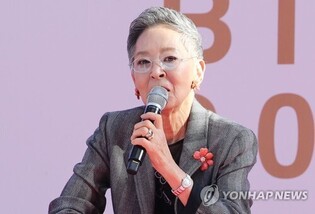dailies-editorials (2)
(EDITORIAL from Korea Times on July 18)
Delusion and demagoguery
Dangerous alliance undermining Korea's democracy
Korea's democracy faces a disturbing and deliberate challenge — not from fringe conspiracy theorists on the internet, but from a trio of actors wielding real political influence: a former U.S. diplomat turned far-right agitator, a disgraced former president on trial for sedition and a political party increasingly aligned with anti-democratic rhetoric. Together, they are fueling a toxic narrative of election denial, legal defiance and political extremism that threatens to destabilize the country's democratic foundations.
Morse Tan, a Korean American former U.S. State Department official under Donald Trump, arrived in Seoul this week on what can only be described as a political crusade. Claiming Korea's last presidential election was rigged, insisting that martial law does not constitute an insurrection and undermining the special counsel investigation of the ex-president as a partisan tool of the ruling party — Tan has trafficked in baseless conspiracy theories from the moment he landed.
His assertions are not grounded in evidence, law or democratic principles. Rather, they echo the authoritarian delusions that have plagued American politics since at least the 2020 U.S. election. That Tan was once considered a candidate for U.S. ambassador to Korea makes his conduct not only disgraceful but diplomatically perilous. His open alignment with Korea's far-right factions — complete with rallies where supporters wave both American and Korean flags and chant messianic slogans — demonstrates an appalling disregard for the sovereignty and stability of the Korean state.
More disturbing, however, is his apparent coordination with Yoon Suk Yeol, the former president now imprisoned and facing trial for his alleged role in planning a constitutional coup. On the very day the special counsel announced a third forced summons for Yoon — after his continued refusal to cooperate with investigators — Tan attempted to visit him in detention. The move was rightly blocked by prosecutors, who had earlier barred all nonlegal visits to prevent outside interference. Still, the timing raises serious concerns about potential collaboration or at least shared political objectives.
Yoon's behavior since his arrest has only deepened these concerns. After ignoring multiple subpoenas and boycotting court hearings, he filed for a writ of habeas corpus, claiming his detention was unlawful. The irony is staggering: a man who dismissed and undermined legal procedures as president now seeks refuge in the same legal system he scorned. Worse still, his attempt to meet with an uncredentialed foreign provocateur demonstrates a willingness to undermine Korean judicial independence for personal gain.
Equally culpable is the People Power Party (PPP), which continues to lend credibility — whether directly or by omission — to the delusional narrative of electoral fraud. At a recent symposium held in the National Assembly, PPP lawmakers hosted speakers who promoted unsubstantiated election-rigging theories. Among them was Tan. Senior party figures, including acting leaders, attended the sessions before feebly distancing themselves afterward, claiming the events were unofficial. Such excuses ring hollow. Silence in the face of extremism is complicity.
This alliance — between a foreign agitator, a seditious ex-president and a complicit political party — poses a profound threat to Korea's constitutional democracy. It delegitimizes elections, disrespects the rule of law and encourages radicalized elements to question the very legitimacy of state authority. These actions are not merely controversial; they are dangerous.
At a time when geopolitical tensions demand unity and internal resilience, Korea cannot afford to entertain conspiracy, sedition or foreign interference masquerading as free speech. Democracy cannot be safeguarded by appeasing those who seek to dismantle it from within or without. The Korean public, judiciary and political leadership must treat this coordinated campaign for what it is: an assault on truth, rule of law and the sovereignty of the Republic of Korea.
(END)
(C) Yonhap News Agency. All Rights Reserved


















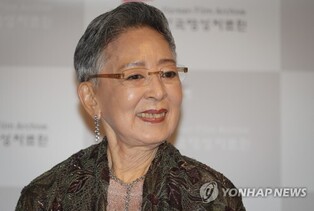

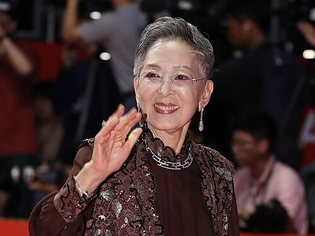
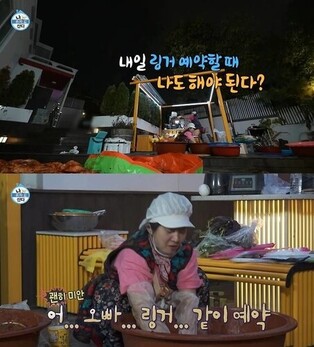
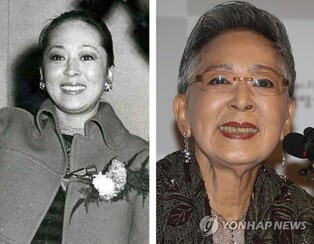
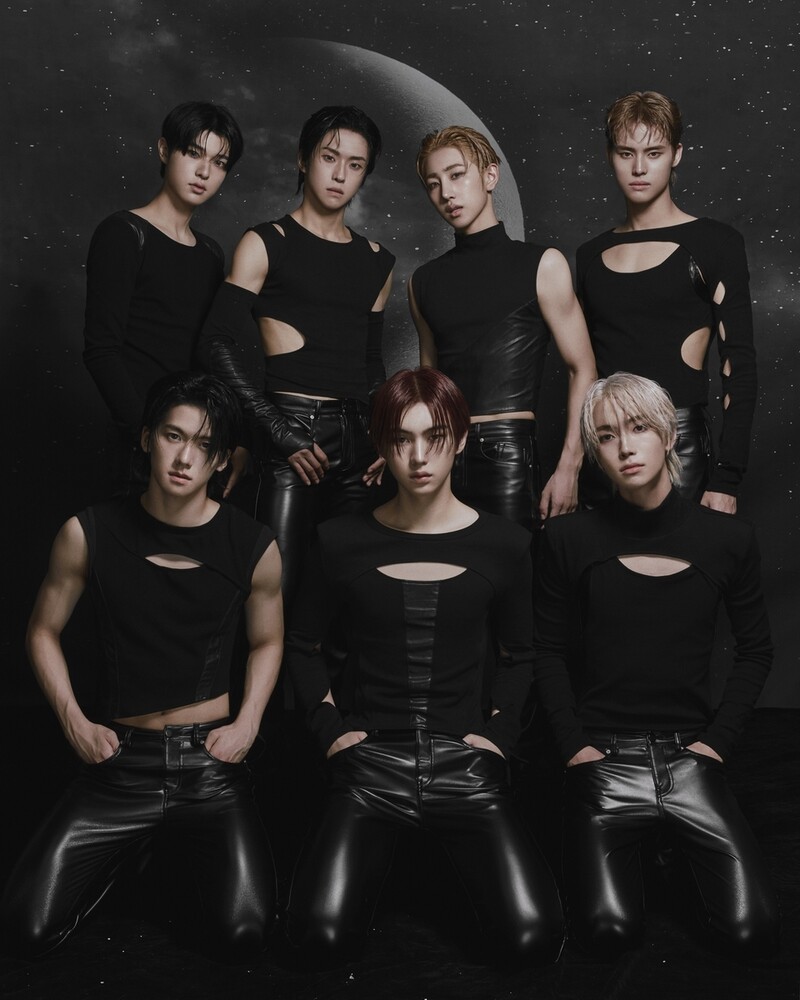
![[가요소식] 지코, 요아소비 이쿠라와 신곡](/news/data/20251212/yna1065624915953509_920_h2.jpg)
